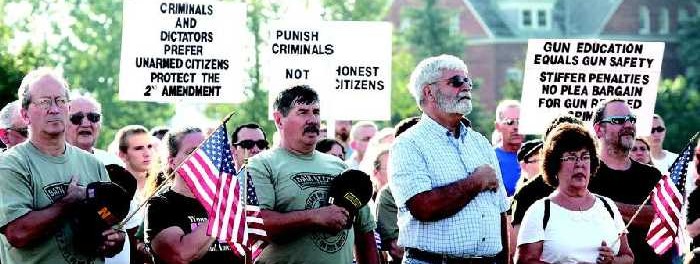By Michael Gormley July 31, 2014 Newsday
ALBANY — A reported letter from the U.S. attorney’s office shows concern about recent comments by Moreland Commission members statement during a federal investigation.
On Thursday, The New York Times reported that U.S. Attorney Preet Bharara’s office sent a letter to the attorney for the Moreland Commission on public corruption after Gov. Andrew M. Cuomo and some commissioners issued public statements on Monday. All defended the governor’s role in the Moreland conflict.
The comments released Monday were the first since the Times report on July 23. The Times reported emails and interviews showed Cuomo’s top aide sought to dissuade the corruption commission from issuing subpoenas against a major campaign donor to Cuomo and to the TV production company Cuomo uses in his campaigns.
Cuomo and commission co-chairman William Fitzpatrick said the Cuomo administration’s contact with the independent commission was appropriate and involved necessary advice, not coercion.
The commission members’ statements were released publicly Monday, when Cuomo, in Buffalo, answered questions to reporters on the controversy for the first time.
“This recent release suggests that the obstruction is happening now while the U.S. attorney tries to do his investigation,” Professor Laurie Levenson of Loyola Law School in Los Angeles said.
She said if the claims that the governor was intimidating commissioners are proven, there could be a crime.
“Thus, while the actions of shutting down the commission may not have been criminal, the interference with the U.S. Attorney’s investigation could be,” Levenson said.
Cuomo spokesman Rich Azzopardi declined immediate comment on the letter or whether the Cuomo administration suggested or urged the commissioners to release their written statements Monday.
The Times reported Thursday that the letter read to a reporter states: “We have reason to believe a number of commissioners recently have been contacted about the commission’s work, and some commissioners have been asked to issue public statements characterizing events and facts regarding the commission’s operation.”
“To the extent anyone attempts to influence or tamper with a witness’s recollection of events relevant to our investigation, including the recollection of a commissioner or one of the commission’s employees, we request that you advise our office immediately, as we must consider whether such actions constitute obstruction of justice or tampering with witnesses that violate federal law,” the Times reported, quoting the letter.
